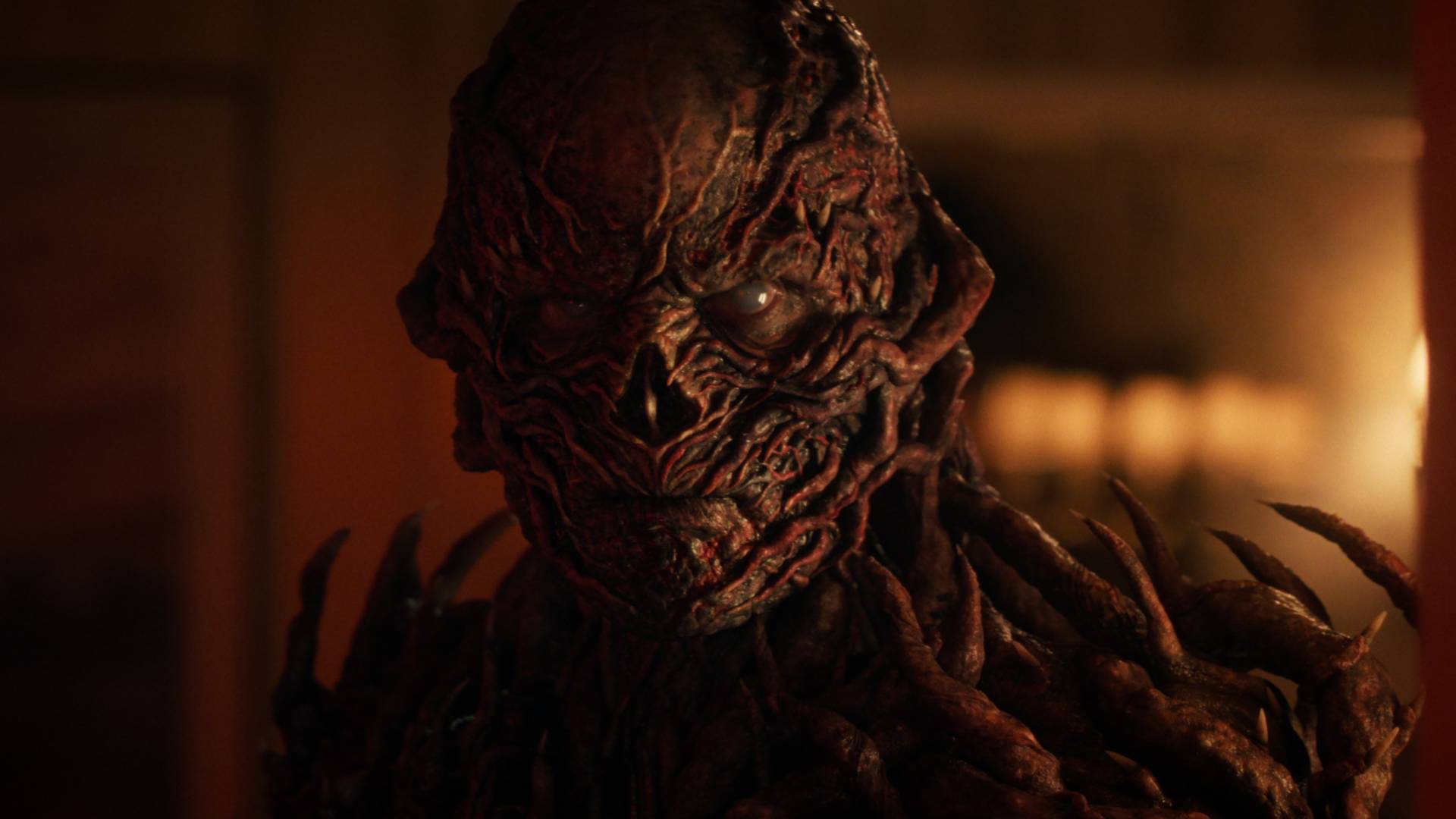The MCU needs a big refresh after Infinity War, and Blade should lead the charge
A slayer of the undead is the perfect choice to give Marvel new life, after Thanos leaves Earth behind.

The development of the Marvel Cinematic Universe, for all the plaudits for its progress and pioneering, has been a slow, steady, and safe progress of tactical planning and deliberate boundary testing. First we got Iron Man, a technologically enhanced, sci-fi hero without superhuman powers, who had floated around the mainstream consciousness, but safely without the baggage – or pressure – of a Spider-Man. Then we got a science-created supersoldier, embedded in the familiar (alternative) history of World War 2. Then an alien pseudo-god, transplanted into a fish-out-of-water story set primarily on Earth.
It would be six years before the MCU would properly venture out into space, to explore the more freeform weirdness of Guardians of the Galaxy, and it was only after success there that Marvel finally allowed Thor and Hulk to reach their true, ludicrous potential in Thor: Ragnarok. It’s been a very careful, staggered expansion, which has always presented the right character, at the right time, just as Marvel seemed to feel the audience was ready.
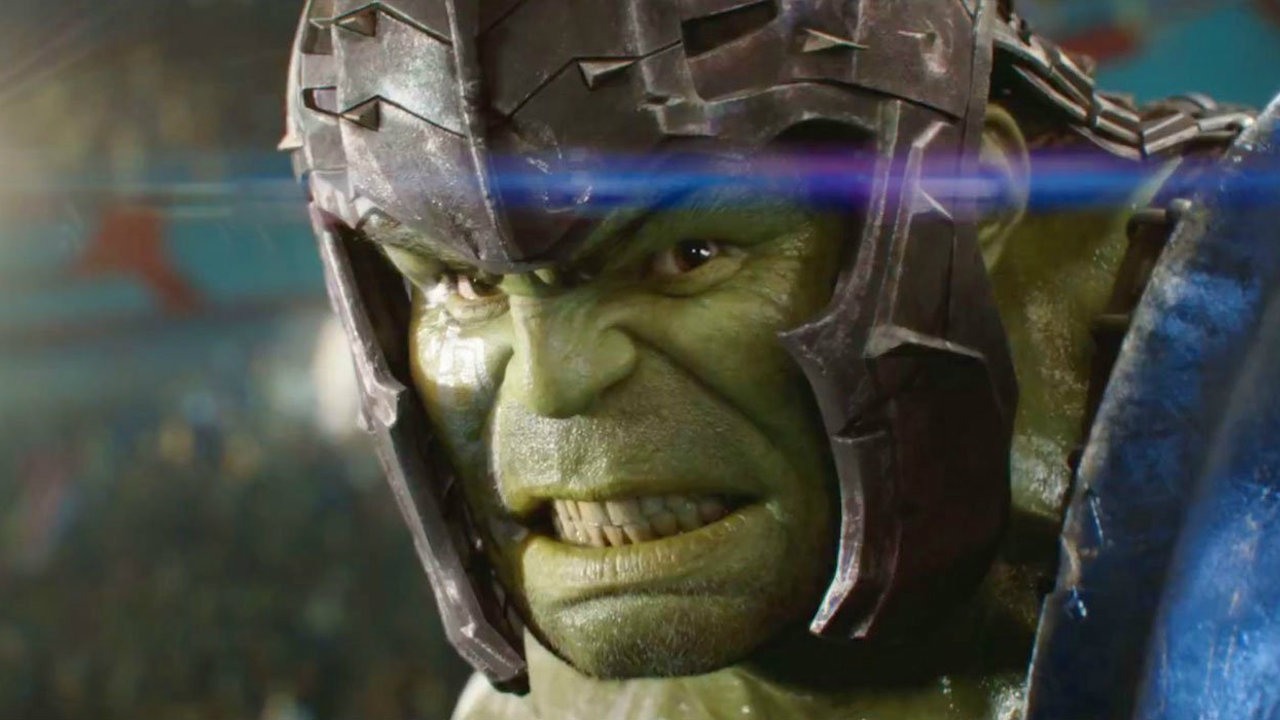
But now, with the ridiculous scope of 10-year crescendo Avengers: Infinity War imminent, the MCU finds itself in a strange position. It needs to keep moving forward of course, but it also needs a soft-reset, once Thanos’ gauntlet-bothering shenanigans are done with. Because that’s the thing with ever-expanding movie universes. Eventually they get too big and too full – as the MCU arguably is now – and then they need to calm down and simmer for a while, so that they can grow all over again without crushing everyone to death.
After Infinity War, the MCU needs to reduce its sense of scale, but it also needs to continue to expand conceptually. It needs to return to telling the quieter, more intimate, character-driven stories that built the foundations of its success, but it has to avoid going over old ground while it does so. It will have to operate smaller than it has for a while, but it will also need to feel fresher than ever, if it’s going to remain vital in the fallout from its big, decade-in-the-making climax. And in order to achieve that, I think there’s one specific, long-overdue name that has to hit the roster at the start of the next chapter.
Blade. Obviously that name is Blade.
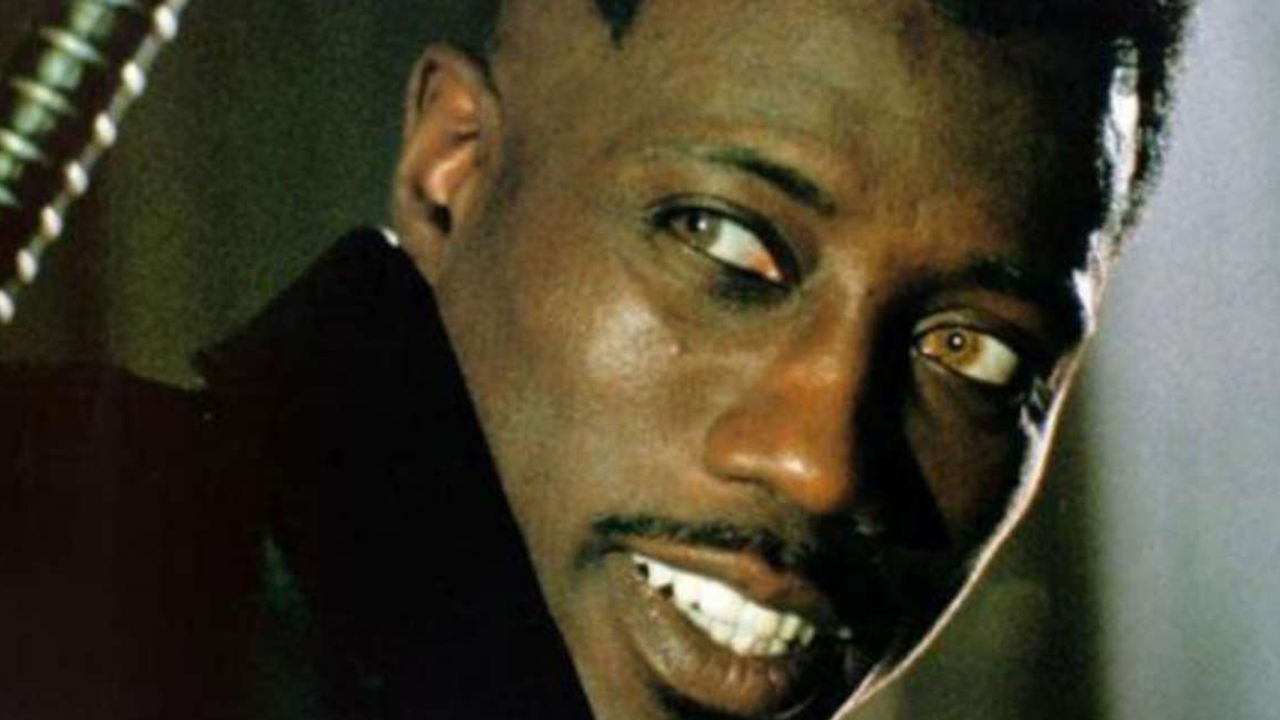
There are superficial, circumstantial reasons for the vampire hunter’s return, naturally – and don’t discount these, because such things have a habit of stacking up in the collective consciousness until they create a kind of insurmountable, reality-bending truth. It’s 20 years since the first Blade movie, making this the prime window for nostalgia to gain momentum. Guillermo del Toro (director of by far the best Blade film, don’t @ me), has just won an Oscar, lending a greater, retroactive credibility to all of his previous work. Marvel is riding high on the back of another POC hero with Black Panther’ colossal success. And it has reacquired the Blade movie rights from New Line. leading to all sorts of recent rumours.
And Wesley Snipes, of course, continues to wave the flag for Blade, whatever the chances of his reprising the role. There’s a kind of alchemical mist in the air at the moment, a haze of collective, coincidental elements that pervasively whispers of another outing for the Daywalker.
Bringing all the latest movie news, features, and reviews to your inbox
But in much more concrete, logistical terms, Blade just makes total sense in regard to Marvel’s needs over the next few years. Because let’s refer back to that slow and steady testing of boundaries that has defined the development of the MCU. After godlike aliens, cosmic space-opera, and actual, bona fide, Earthly magic, the next logical step along the weirdness path is surely toward the supernatural and monstrous.
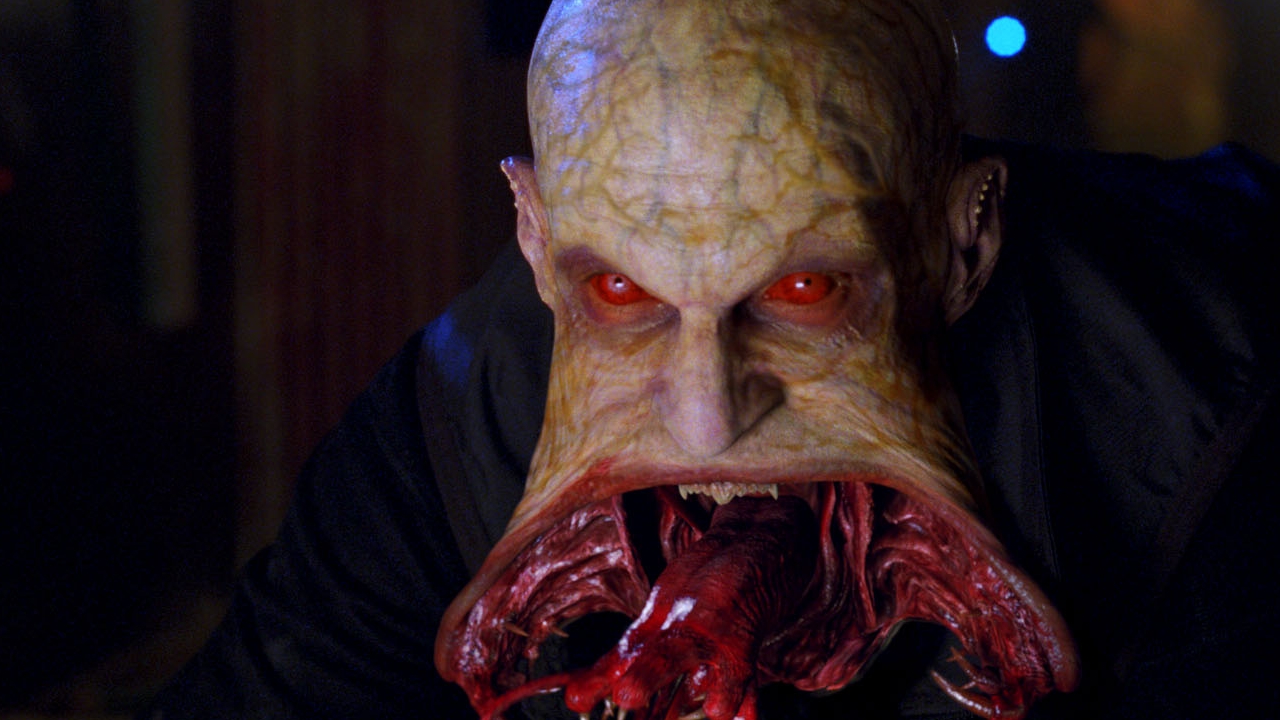
After couching most of its stories in scientific rationale so far – however loosely or tenuously – the MCU's introduction of legitimate undead nasties would now be just as refreshing a shake-up as when Guardians of the Galaxy first took us off-world. What’s more, the introduction of eldritch vampiric doings could absolutely expand the MCU’s thematic remit while maintaining the smaller scale that it’s going to need over the coming years.
Hell, it would have to. Part of the fascination of the Blade stories has been the notion of an entire secret layer of society existing beneath the surface of the world, Blade himself being charged with keeping things in check while also maintaining a safe amount of distance between his sphere of existence and mainstream humanity. That secretive otherness is inherent to the mechanics of the fiction. With the grittier, more complex, street-level antiheroism of its Netflix shows, Marvel has already proved itself willing to give its universe multiple, connected-but-distinct tiers, and use that structure to explore stories with very different concerns and conceits. In many ways, much of the groundwork for naturalising Blade into the MCU has already been done with the likes of Daredevil, Jessica Jones, and Luke Cage.
Beyond all this, Blade himself, as a character, is exactly what the MCU will need in order to demark a real point of change after Infinity War. Having long relied on an upbeat, quip-heavy, but increasingly one-note tone, regardless of its film-to-film genre shifts, Blade could personify a welcome shift away from the MCU’s comfort zone.
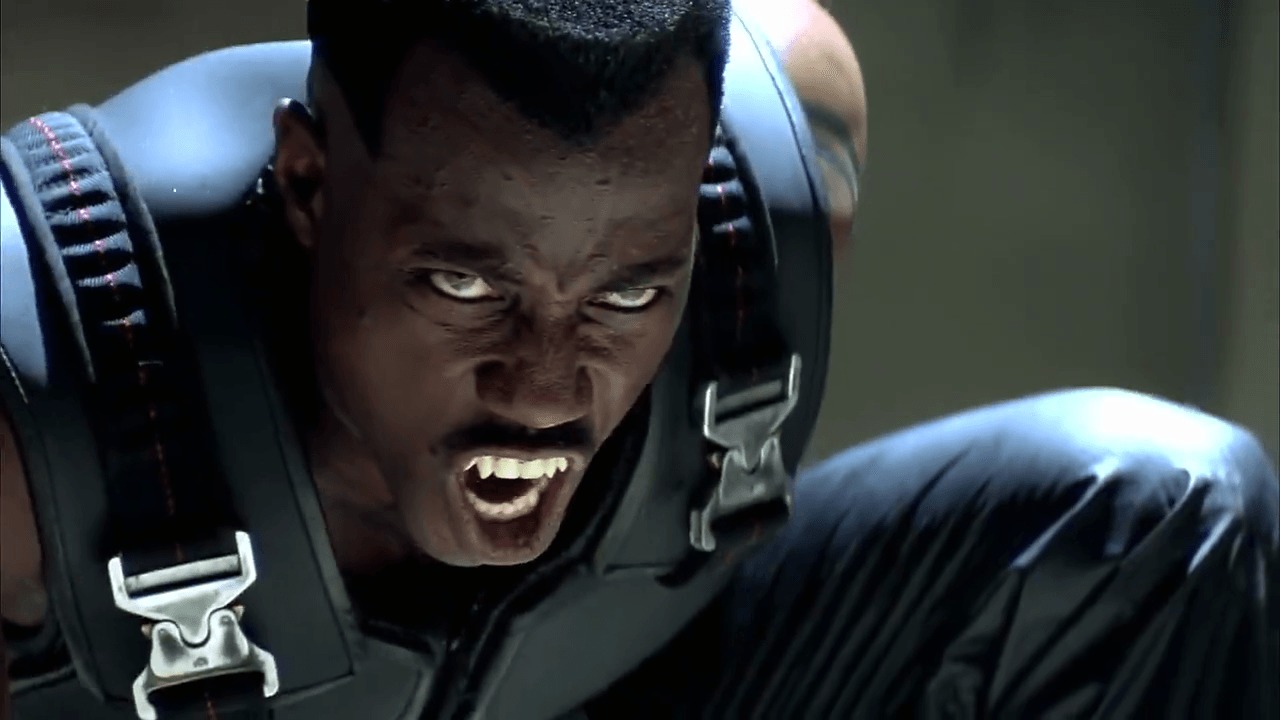
Obviously the exact treatment would depend on whether the studio went with the comic book Blade’s original, talkative, boastful persona or the movies’ grim-faced, near-silent maelstrom of angsty self-control (or perhaps even a whole new interpretation). But regardless, there’s scope in Blade for a great deal of interesting, internalised conflict beyond the interpersonal soap opera that has increasingly typified the Avengers. While Murdoch and Jones have presented a great deal of self-doubting do-goodery in their Netflix shows, their central concern of ‘How much can I punch people before I am bad?’ is getting close to worn out. But a self-restraining, half-vampire hero who knows he’s always on the verge of tearing out an innocent’s throat – and who might sometimes need to work with the bad guys in order to compromise on the lesser of two evils? That’s a whole new step up.
Plus, Blade’s return would bring an entirely new action aesthetic to the MCU. While the Avengers have mastered the banging, clanging, camera swirling group-shot, and the Defenders have got as good as you can get at punching generic goons in grimy warehouses, Blade’s hyperkinetic blend of melee-driven, legitimate martial arts, precision gunplay, and excessive, omnipresent gore would bring a brand new – and extremely cool – cinematic flow to Marvel’s combat scenes.
Hell, it could open up a whole new avenue of genre exploration at the same time. The MCU has always thrived on its ability to refocus superheroes through different lenses, from Captain America: The Winter Soldier’s hardboiled espionage thriller to Ant-Man’s heist movie. Steer hard enough into martial arts and/or horror, and Blade would very quickly refresh perceptions of the MCU’s versatility, after Infinity War delivers its biggest, almost inevitably bloated, ‘traditional’ superhero movie so far.
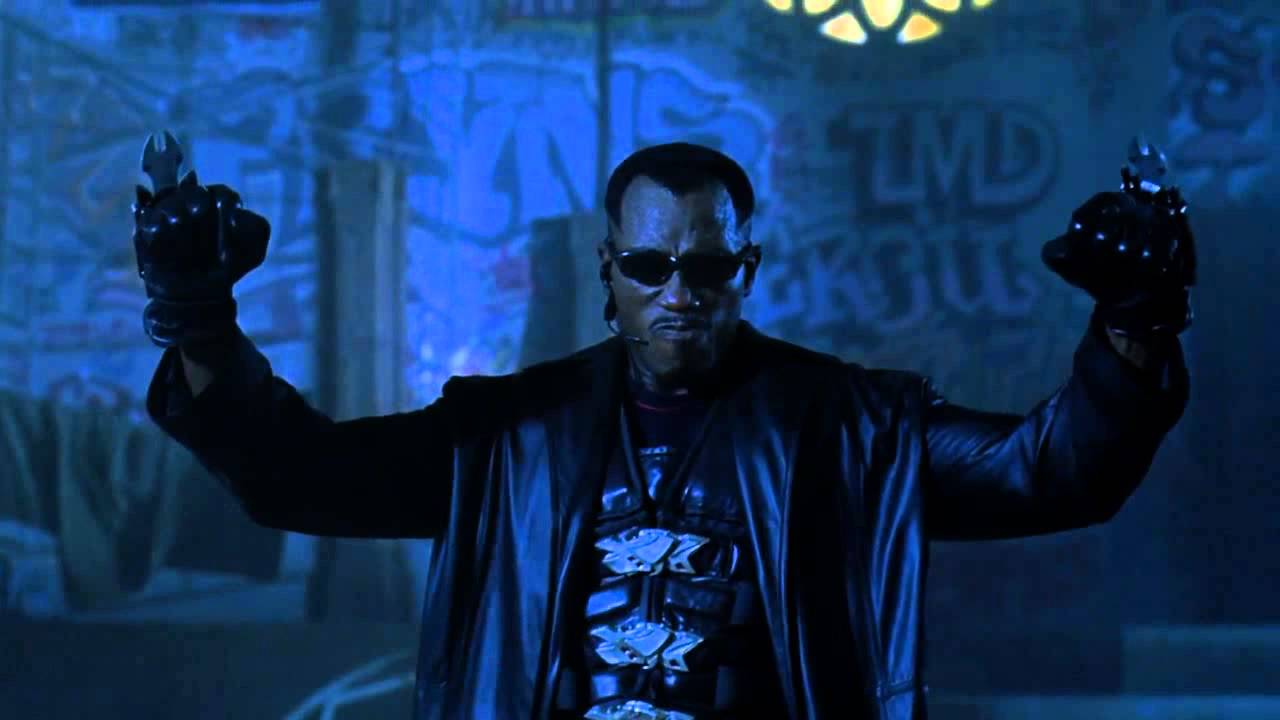
So, case for Blade’s importance made, the only questions left are of who and how. Obviously the current fan-favourite casting is John Boyega, following variable enthusiasm from the actor, and this impossible-to-resist bit of Photoshop mastery by fan artist BossLogic. And hey, the original comic book Blade is traditionally British rather than American. Why the hell not kill two birds, and expand the MCU to a whole new country at the same time?
That said, Boyega has recently expressed the desire to see Wesley Snipes return to the role, and Snipes seems in full agreement. And there’s no reason that shouldn’t happen either. After all, Ryan Reynolds has played two entirely different versions of Deadpool in two slightly different versions of the X-Men universe. And with the MCU existing as its own, distinct, canonical continuity within the Marvel multiverse, there’s no narrative roadblock to Snipes carrying on as a version of the character, however much changes around him.
As for format? The obvious choice might seem to be a new TV series rather than a movie, given the obvious challenge of reconciling the vampire slayer’s R-rated demands with the MCU’s so-far resolutely PG-13 theatrical releases. And with Disney, Marvel’s parent company, currently prepping a Netflix-style digital distribution service of its own, a Blade show would make for a valuable slice of early, exclusive content.
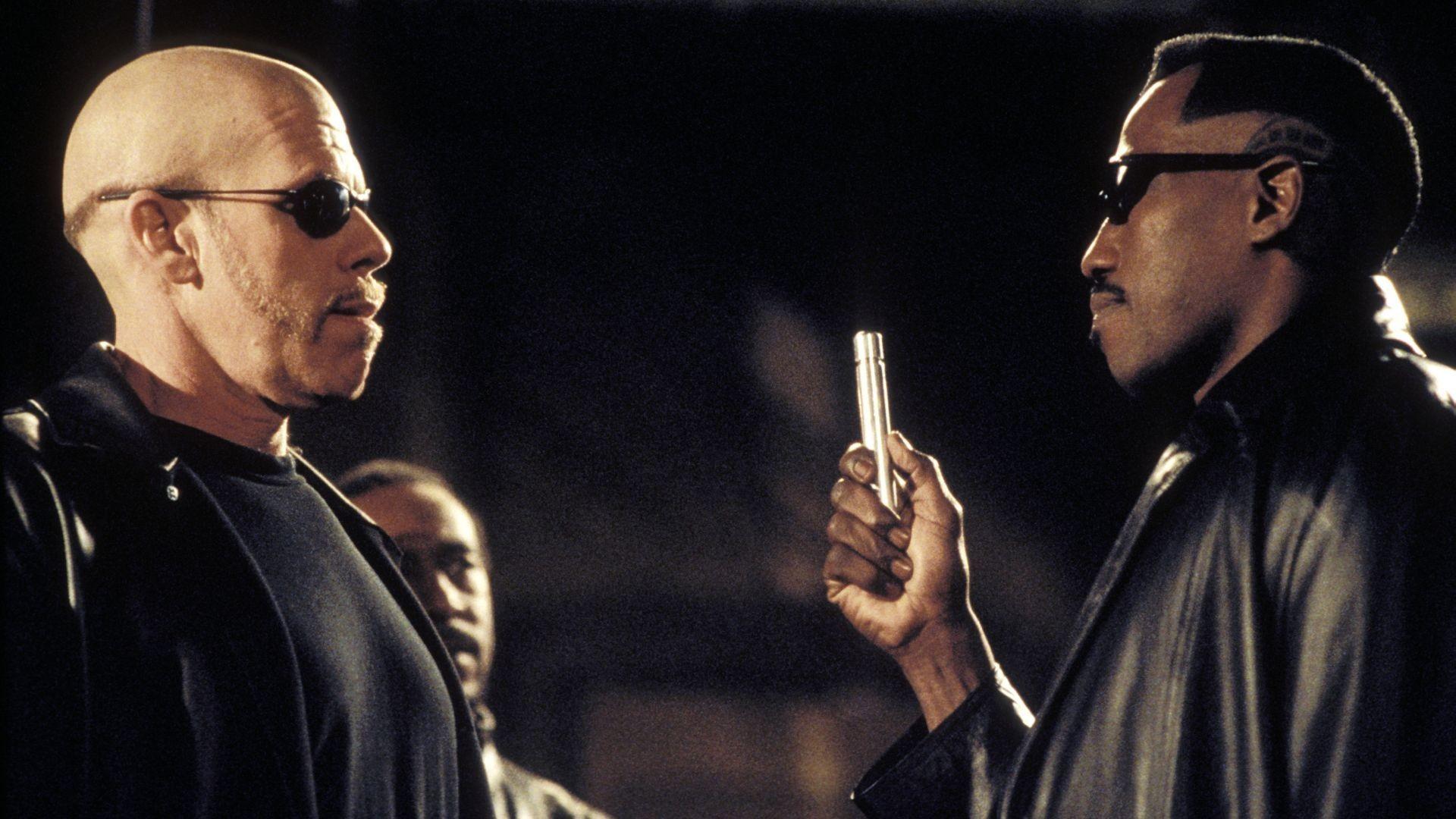
On the other hand, the theatrical MCU is going to have to face up to darker content sooner or later. With Disney having now bought 20th Century Fox (and thus acquired the previously licensed-out rights to the X-Men and, yes, Deadpool), the aforementioned mouthy merc is going to become part of the bigger universe. That’s led Disney CEO Bob Iger to posit a distinct “Marvel-R” label for the likes of Wade Wilson and Logan, and Blade could certainly find a home there as well.
Personally? I still swing toward the TV idea myself, if only for the reason that Blade’s complex, multi-tiered vampire society presents such vast potential that I’d much rather explore it over 13 hours a year, rather than snatch a two-hour glimpse whenever the MCU’s movie schedule allowed it a slot. Plus, having been without a live-action Blade for so long, there’s a lot of lost-time to make up for. We’ve been ice-skating uphill for long enough on this one. It’s time to carve up something really meaty.
Now of we could just get del Toro produce it. And direct a two-hour pilot episode. And the season finale. And maybe get Luke Goss back involved somehow. And Ron Perlman…



